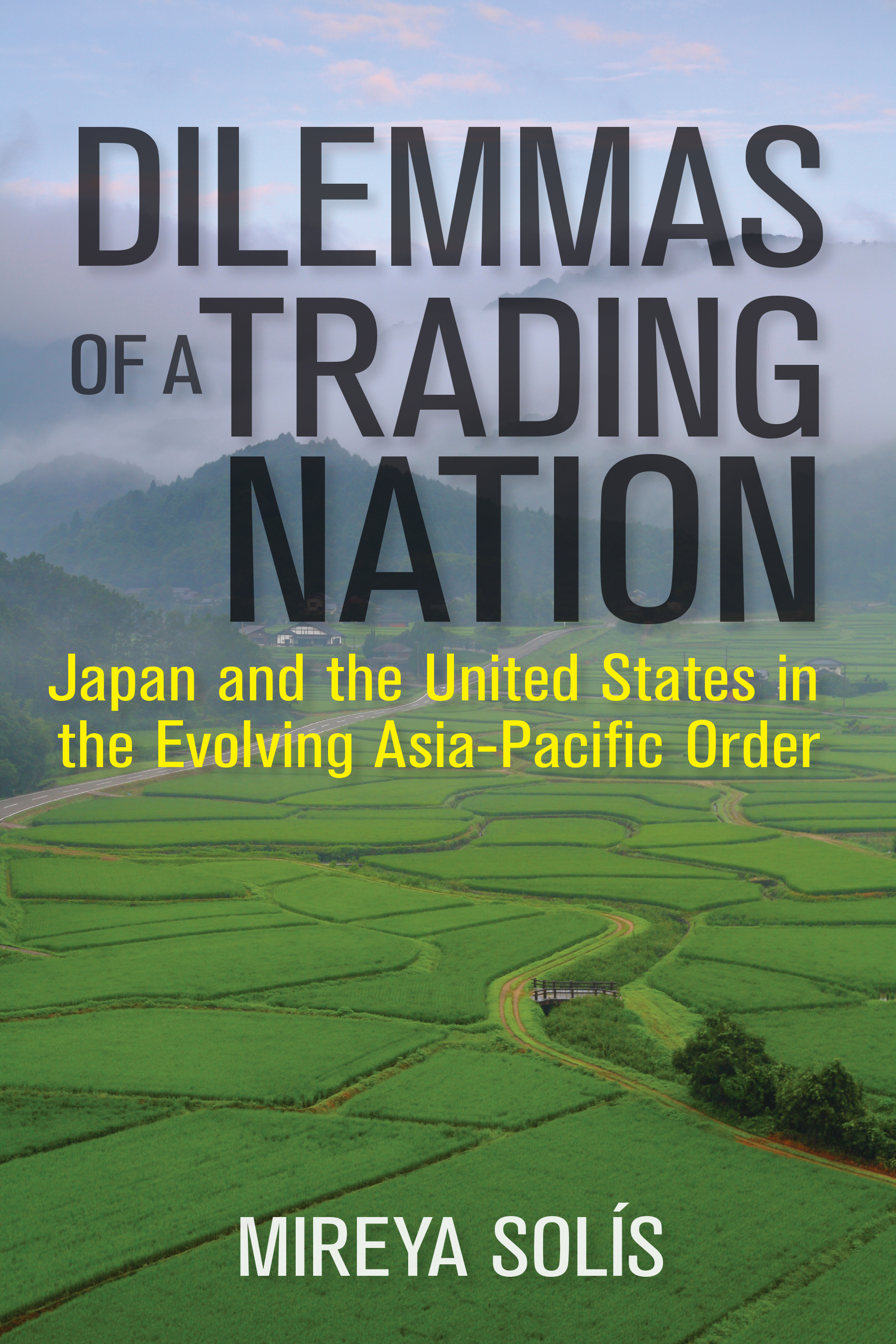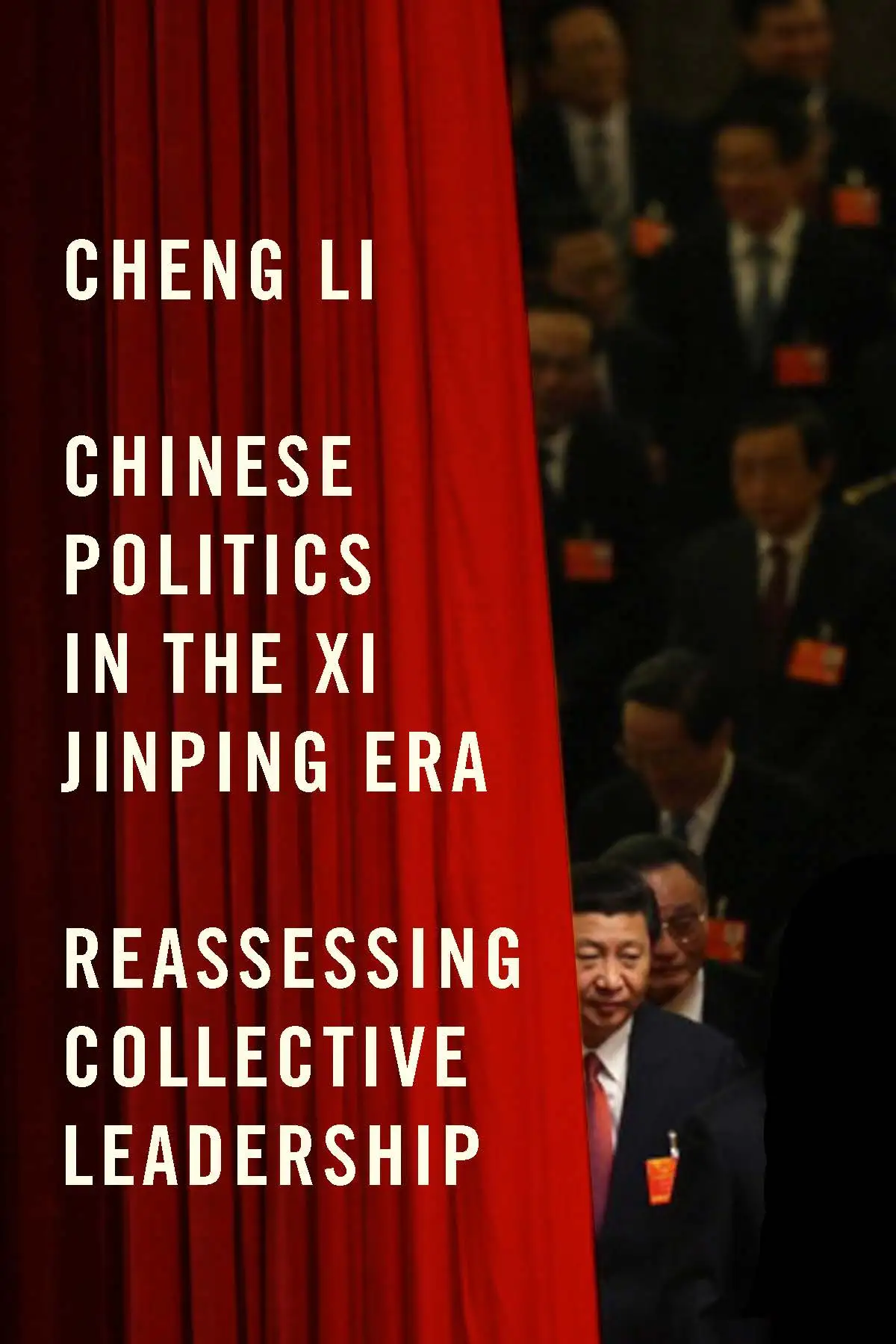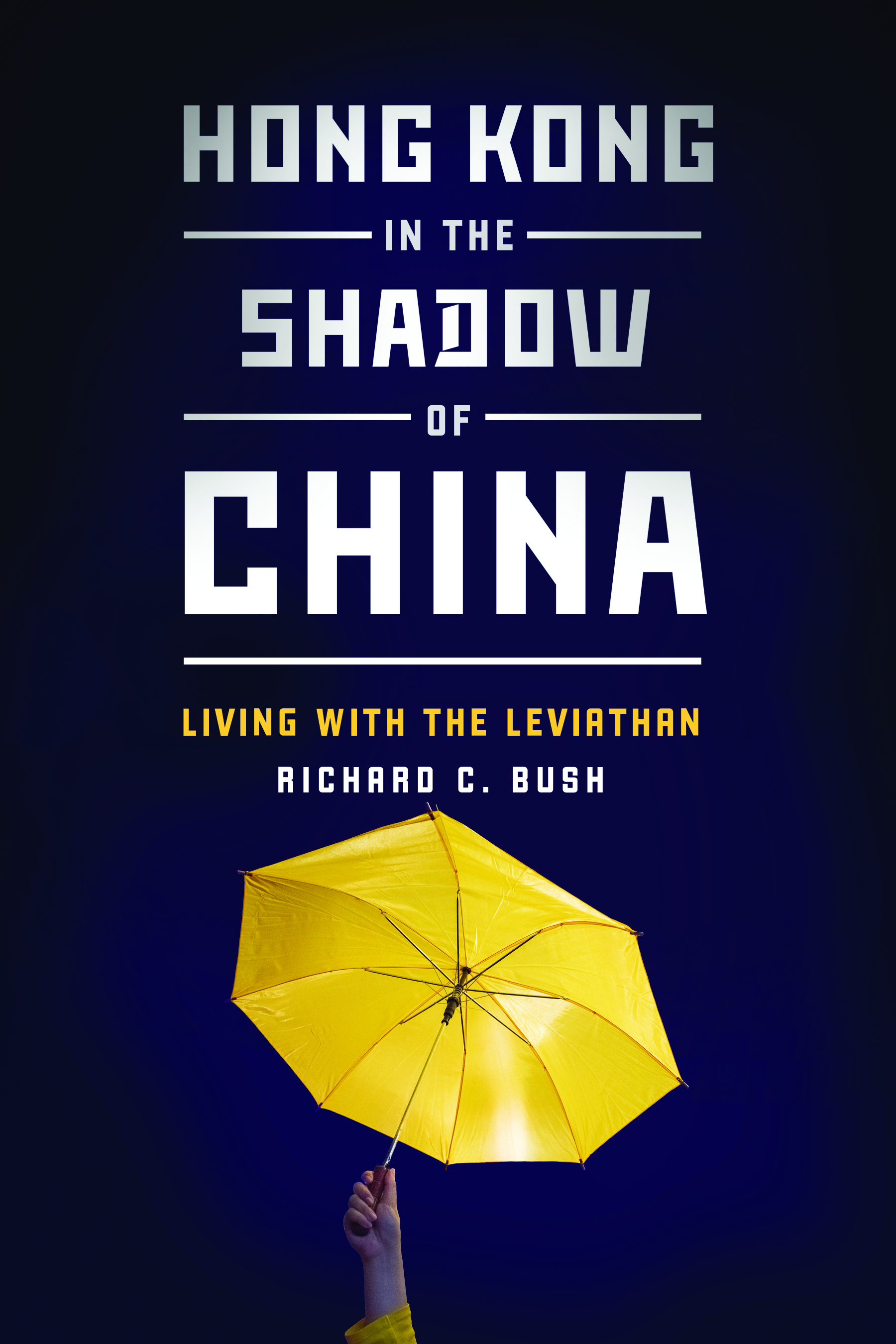On an official level, relations between the United States and the Philippines are stronger than any time in the period after the US withdrew its bases in 1991. Among Southeast Asian leaders, Philippine President Gloria Macapagal-Arroyo and her government have provided the most vocal and high-profile support for the US war against terrorism, as well as the war in Iraq. President Arroyo has been energetic in her attempts to organize her counterparts in the region to improve cooperation on counter-terrorism. In return, Washington has bestowed special status on Manila—that of a Major Non-NATO Ally—and made the joint Balikatan (“Shoulder-to Shoulder”) exercises the flagship initiative of US counter-terrorism policy in the region. In recent weeks, US defense officials who have floated trial balloons on the realignment of American forces in Asia, to increase forward bases and strengthen mobile strike capability, have included the Philippines as a possible venue in the plan.
On a broader plane, however, US-Philippine relations are far more complicated, and the success of the joint effort to combat terrorism is by no means assured. At several intervals in the past two years, President Arroyo’s stock has been higher in Washington than in her own country. Her announced intention not to run for a second Presidential term in 2004 raises questions about the sustainability of this new phase in the bilateral relationship. Over the past two years, Arroyo has had to steer a difficult course between support for Manila’s longstanding ally in the face of domestic concern about threats to Philippine sovereignty with the presence of US troops in the joint exercises, as well as domestic opposition to the Iraq war. If Washington presses a case for the return of American bases, even in a much smaller and more flexible form, Arroyo may well have to contend with an even greater domestic firestorm.
Although the first Balikatan exercises to focus on counter-terrorism, in 2002, were judged to be moderately successful, negotiations on the 2003 exercises are at an impasse. Moreover, if joint US-Philippine efforts do succeed in eliminating the Abu Sayyaf Group, the target of the Balikatan maneuvers, it is not clear what effect that would have on reducing extremism in the Philippines. Arguably, that goal turns on Manila’s ability to bring the larger and more politically-oriented insurgency group, the Moro Islamic Liberation Front (MILF) to heel, or to accord.







